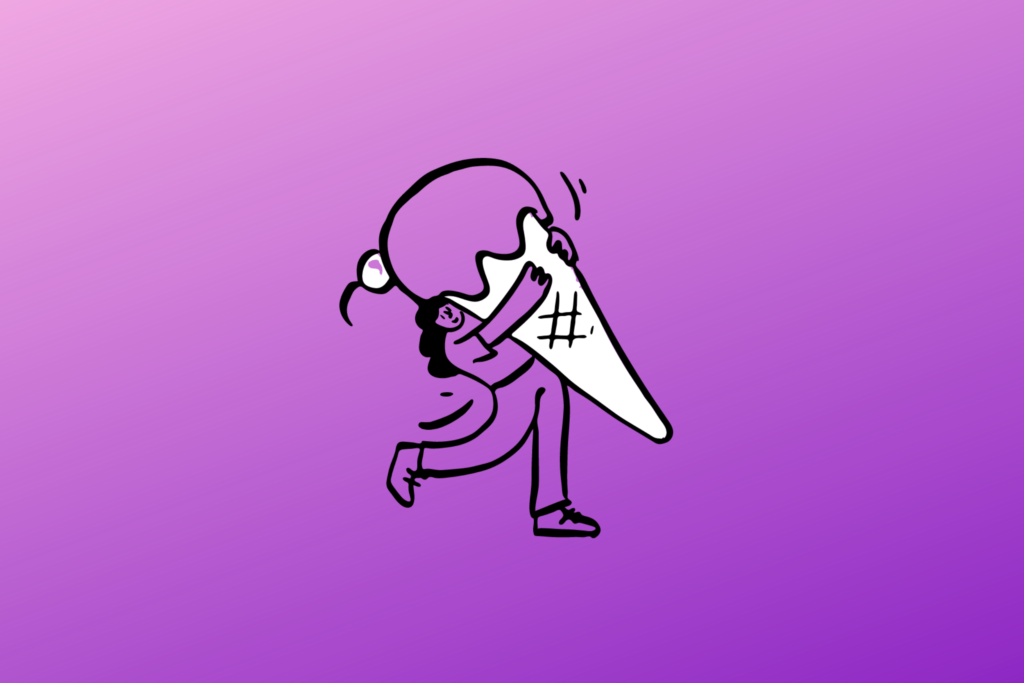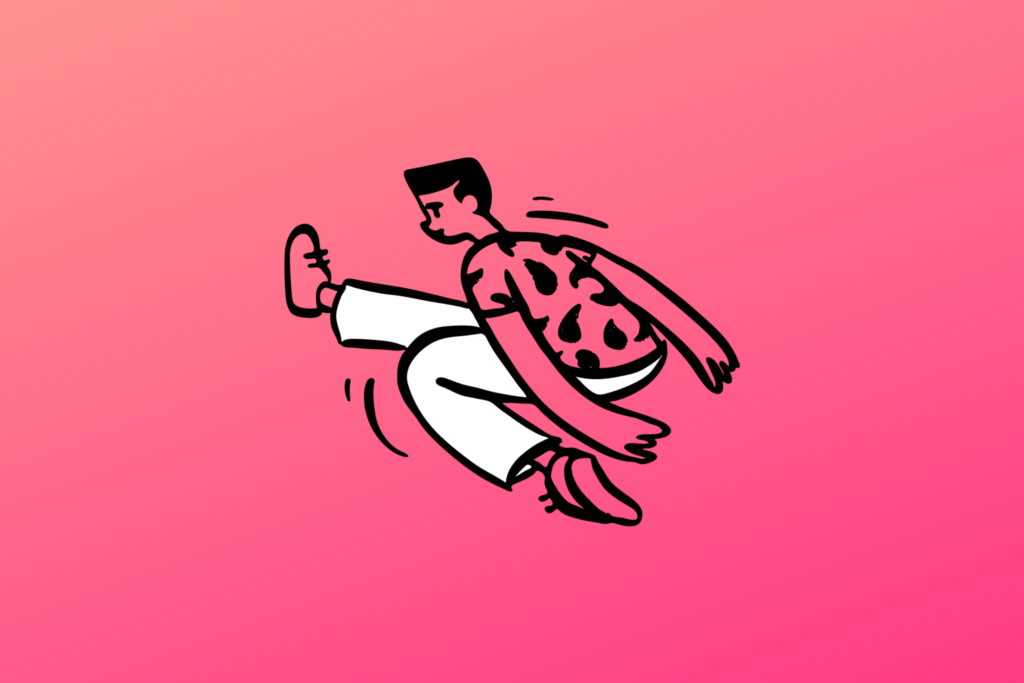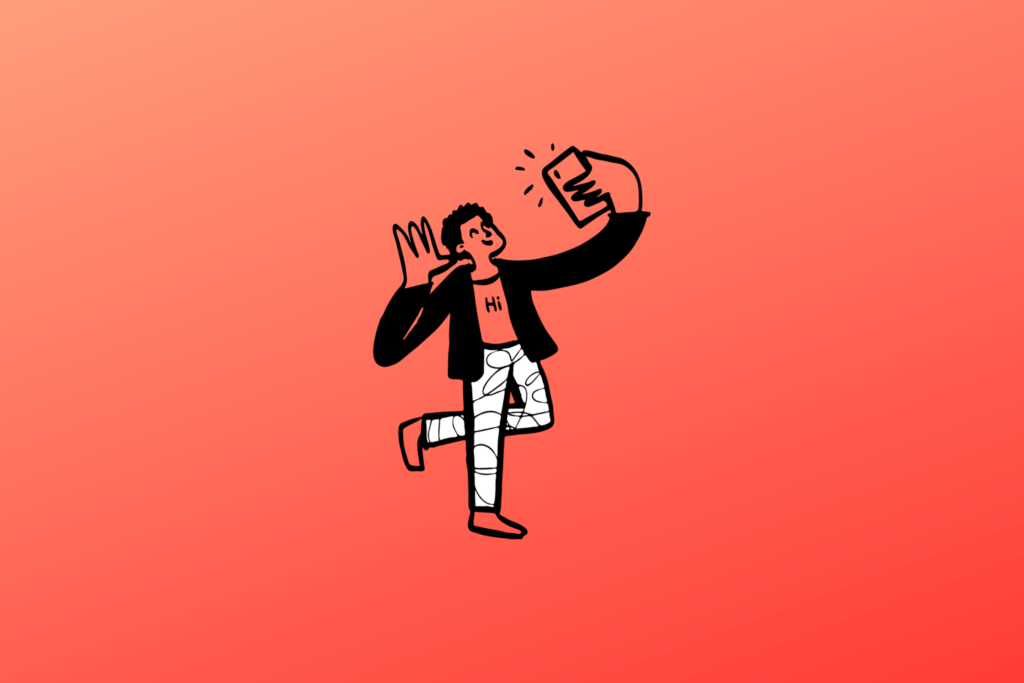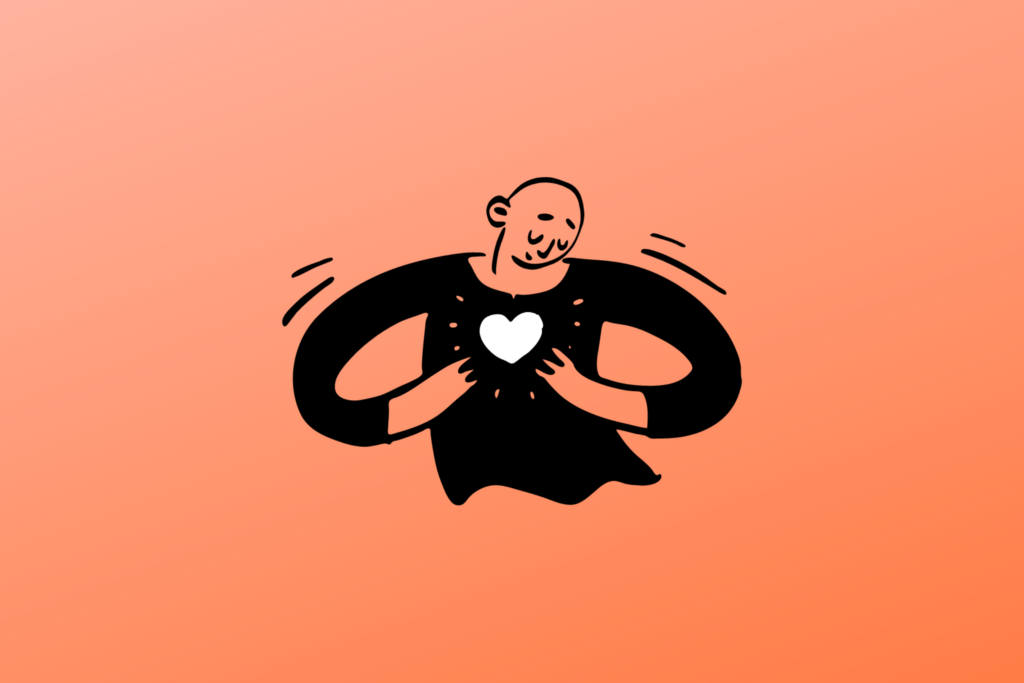Overview
Hey everyone,
Today’s article focuses on the concept of “Pandemic Fatigue”, a recognised phenomenon experienced worldwide in the midst of a global pandemic. This article will delve into:
What is Pandemic Fatigue?
How to Recognise Pandemic Fatigue?
How to Manage Pandemic Fatigue?
Introduction
Are you feeling increasingly demotivated as the coronavirus pandemic drags on?
Are you experiencing feelings of frustration, hopelessness, anxiety, depression, weight gain and decreased performance at work?
You might be suffering from Pandemic Fatigue.

What is Pandemic Fatigue?
“Pandemic Fatigue” is defined by the World Health Organization (WHO) as:
Demotivation to follow recommended protective behaviours, emerging gradually over time and affected by a number of emotions, experiences and perceptions.
Pandemic fatigue has been studied around the world and we are starting to see it’s effects in Australia. With each new lockdown or restriction, the country breathes a collective sigh as they are forced to remain indoors, work from home and sacrifice liberties they once enjoyed – like seeing friends or going out for dinner. We also become less motivated to practice all the things that can protect us from the coronavirus – like hand hygiene, social distancing, mask wearing etc.
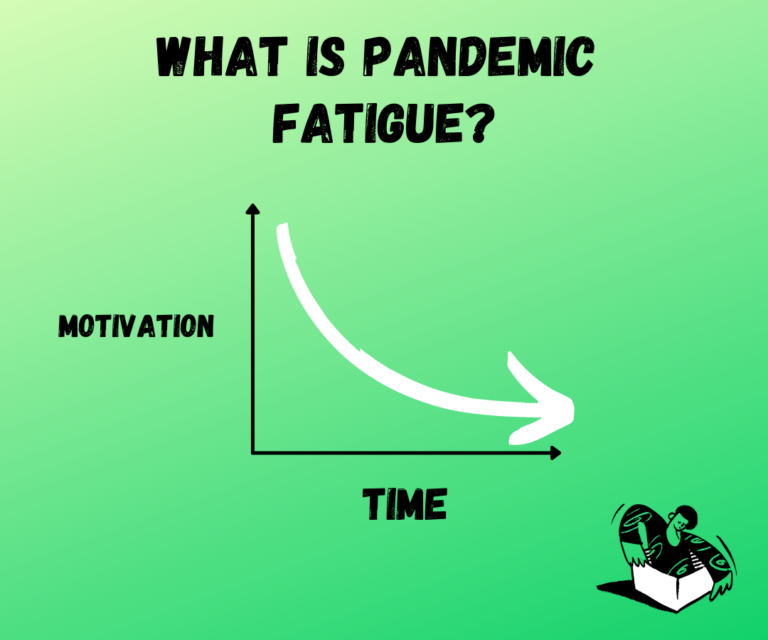
What are the Symptoms of Pandemic Fatigue?
Pandemic fatigue can manifest itself in different ways – emotionally, physically and in the workplace. It’s important to recognise the signs and symptoms of pandemic fatigue so you can take steps to reduce its impact on your life.
Emotional symptoms include:
- Anxiety
- Apathy
- Depression
- Feeling hopeless
- Feeling powerless or trapped
- Irritability
- Lack of motivation
- Nervousness
- Tearfulness
Physical symptoms include:
- Fatigue
- Headaches
- Lack of appetite
- Sore muscles or muscle tension
Performance symptoms include:
- Failing to meet deadlines
- Lower workplace commitment
- More absences
- Performing work duties more slowly

How to Beat Pandemic Fatigue?
1. Reduce Stressors
Beware of your intake of stressful and inflammatory information. The main culprit here is the news and social media. Allocate a certain amount of time per day to stay informed with the latest (e.g. 10 mins in the morning) but make sure you switch off afterwards. Consider having a digital detox to improve your mental health or use these 5 ways to stay safe and sane during lockdown. Try and focus on the things you can control such as hand hygiene, mask wearing and social distancing. Reframe these preventative measures as a way to keep you and your loved ones safe (rather than seeing them as a nuisance).
2. Set Boundaries at Home
If you are living in lockdown or in quarantine, in a large family or in a shared house, it is important to set boundaries (literally and figuratively). Ensure everyone has there own space to complete daily tasks like home schooling or working from home. Set some rules and make sure everybody is on board.
3. Structure Your Day
Lockdown life means it is easy to stay in your pyjamas all day. The novelty of this can wear off in a few days. Instead, have a casual (but comfortable) outfit set aside for each day. Develop a morning and evening routine to keep your mind occupied and your body healthy. This can include doing exercise at home, making dinner or spending time with your housemates/family members. Adding structure to your day can prevent all the days just blending into one large foggy blur.

4. Seek Help When You Need It
This pandemic has been hard on even the most mentally robust individuals. There is absolutely no shame in seeking help when you need it. Speak to your GP (we’re still open!) and get a mental health care plan and a referral to a psychologist. Let your family and friends know you are struggling so they can support you too.
5. Practice Self-Care
You don’t have to become a yogi during lockdown. However, make sure you are looking after your brain and your body. Do at least one task / activity / thing you enjoy every day. Do the simple things right, like sleeping well, eating healthy and staying active. This can make a monumental difference to the way your feeling.

Final Thoughts
Pandemic fatigue is a real guys.
Lockdowns, restrictions, quarantine and a 24/7 news cycle about this pesky virus do not help.
Make sure you are taking some time for yourself in amongst all the craziness of the world right now.
I hope this article has shed light on a phenomenon we’ve all been experiencing for over 18 months now and shared some practical tips on how to manage pandemic fatigue.
Share this post!


